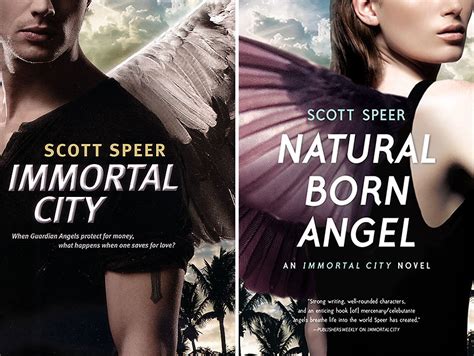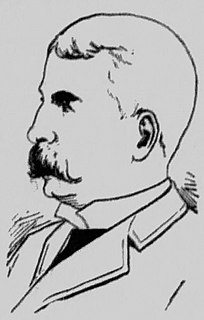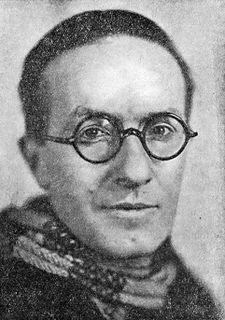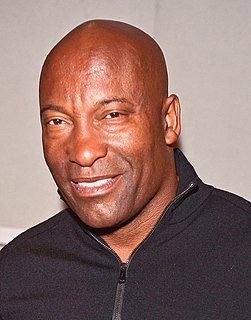A Quote by P. L. Travers
Could it be ... that the hero is one who is willing to set out, take the first step, shoulder something? Perhaps the hero is one who puts his foot upon a path not knowing what he may expect from life but in some way feeling in his bones that life expects something of him.
Related Quotes
I want to give you something.” He slid the ring off his finger. “Up until this week, I’ve never wanted anything more in my life than to wear this ring. Not as a piece of jewelry, but because I thought I could find meaning in saving others, in being a hero. But the meaning I’ve finally found in my life is from meeting you.” He set the ring on the palm of his hand and held it out. “I want you to have it.
The pulp hero, though he may be a renegade, is a guy who doesn't feel. Anything. Ever. And for the adolescent male - pummeled by emotions left and right, whether arising from sexuality or resulting from his necessary encounters with authority - this hero is a blessing, a relief and a release. The world he lives in, where feelings are totally under control, looks to the adolescent boy like heaven! This hero's lack of feeling - like Star Trek's Spock - is what allows him to be a genius, or allows him to shoot the bad guys and/or aliens, without a quiver to his lip.
We may spark something or set something in motion in another person's life by something we've done. Perhaps in a car accident we injure someone. Perhaps as a manager, we fire someone. There are a lot of things that could precipitate something negative in another person's life. But does that make us responsible for everything that follows from it? Is there a statute of limitations?
I don't really distinguish between a fictional hero and a real life hero as a basis for any comparison. To me, a hero is a hero. I like making pictures about people who have a personal mission in life or at least in the life of a story who start out with certain low expectations and then over achieve our highest expectations for them. That's the kind of character arc I love dabbling in as a director, as a filmmaker.
It concerns me when I see a small child watching the hero shoot the villain on television. It is teaching the small child to believe that shooting people is heroic. The hero just did it and it was effective. It was acceptable and the hero was well thought of afterward. If enough of us find inner peace to affect the institution of television, the little child will see the hero transform the villain and bring him to a good life. He'll see the hero do something significant to serve fellow human beings. So little children will get the idea that if you want to be a hero you must help people.





































